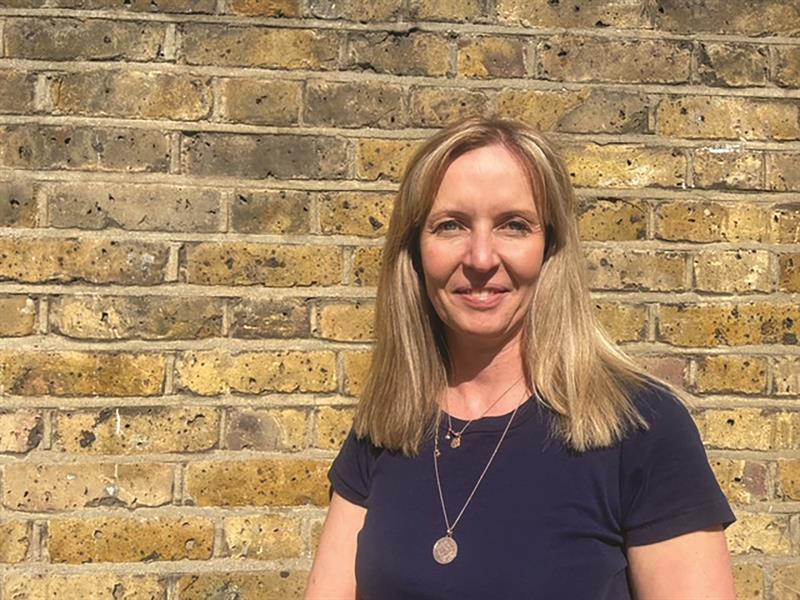
Women in Vision UK (WVUK), a network working across vision-related sciences and healthcare to support, empower and mentor women, has restructured in response to increased demand for its work.
The organisation has been divided into five focus areas: leadership, diversity, education, training and research. Each area now has its own appointed lead and specific mission within the wider WVUK collaboration. The organisational changes have been accompanied by a relaunched website that is designed to better serve the needs of members.
‘We realised that despite having gained lots of members with diverse skills, we have a lot of work to do,’ said Helen Khan, vice president of Women in Vision UK. ‘We don’t want to be a top-down organisation, we are all volunteers and recognised that we needed to diversify to maximise reach. We wanted to find a way to ensure we could address the many needs of our membership. We have some truly inspirational members who we have now called upon to lead certain areas where we felt there was the most demand. It’s really exciting times and we are delighted to have them onboard.’
The aim of the new structure was to enable a wide reaching and accessible series of events and support that will be appropriate for every potential member.
‘We aim to promote connections between women working in all fields related to vision,’ said Khan. ‘We have no boundaries in terms of roles and will support anyone. We foster and increase collaborations, encourage mentoring and work to raise the profile of all women working in vision across the UK. Ultimately, we want to ensure gender equality across vision sciences through a network of support and encouragement while tackling the issue head on. We are activists and we are passionate about the network and the work we are doing and we will continue to work in this way until we are no longer needed.’
Origin point
WVUK was founded in 2017 by three women at UCL Institute of Ophthalmology in 2017. ‘Professor Maryse Bailly, Professor Mariya Moosajee and Professor Julie Daniels recognised a need for change in their own working lives and histories and also a need for support for the many women working across vision health and sciences,’ explained Khan. ‘Initially, the three developed a list of women available to speak on panels but it has since grown into something much larger.’
Despite the growth of the organisation, Khan noted there is still much to do on the wider issue of gender equality with the UK currently ranked 23rd on the global gender gap index, placing it behind other European countries such as France, Germany and Ireland.
‘Women hold only 25% of all jobs in science, technology, engineering and mathematics (Stem) industries in the UK. ‘Progress has been made by us and other organisations across Stem and numbers and perceptions are changing, albeit slowly.’

Khan encouraged anyone (men are welcome to join the organisation as supporters) working as an optometrist, dispensing optician or other roles within the optical industry to consider joining WVUK.
‘I asked my own optometrist if she’d like to join,’ said Khan. ‘It’s a very supportive network and absolutely inclusive. For £25 annually or £5 for early career practitioners, members get access to our mentorship programme, access to grants and our speaker list. There’s a members only area of the website that has many different discussions, early tickets to events, discounted rates and jobs. Members also enjoy a complimentary ticket to our annual meeting.’
This year’s meeting will take place at Huddersfield University on June 10.
‘The deadline for abstracts is now closed and tickets are going on sale this month,’ said Khan. ‘We have a brilliant panel of speakers and an excellent programme.’
WVUK planned to assess the effects of the restructure for the rest of 2022 .
‘If we need to adjust anything, we will do so,’ said Khan. ‘We will be encouraging the next generation of leaders and activists to join and run some of our activities. We will continue to support, network and campaign. A key aspect will be to include absolutely anyone and take any ideas forward for change and improvement. In five years time, ideally there will be less need for us to exist as we are now, as gender inequality will have reduced even further.’
- For more information, visit womeninvision.co.uk
